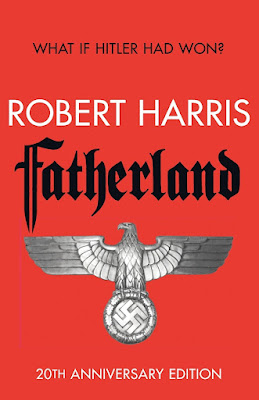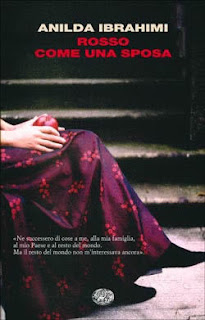Gappah, Petina "Out of Darkness, Shining Light" - 2019
Of course, we all know about David Livingstone's search for the source of the river Nile. It is also widely known that his heart was buried in Africa and his body in Europe. This is the story, told by two slaves, how the body got from the middle of Africa to the sea so that he could be transferred to Great Britain.
Two different people tell the story, a women who is employed as a cook. Her story is pretty African, she uses far too many words that the average Europen will not understand. Granted, there is a small annex with explanations but you have to use that far too often and it destroys the enjoyment of any story. Then there is a guy who wants to become a priest. He is preaching already. All the time. Almost every second sentence starts or ends with "dear Lord" or something similar. He comes across as a religious fanatic. Reading the Bible is more wordly.
Have you guessed it already? I didn't like the book.
There was only about one sentence that made me smile. When someone told the other slaves about the meeting between Henry Morton Stanley and David Livingstone, he translated the first sentence (Dr. Livingstone, I presume?) into: "It can only be that you are Bwana Daudi."
We discussed this in our international online book club in July 2025.
Comments from the members:
• The start of the book felt slow, and didn't feel pulled into it for the story so much until the murder plot unwound. It was a really nice read though in terms or history and culture. The discussion we had resulted into talking and thinking about African history, slavery, imperialist influences, death rites... The characters in the story were also really distinct. I feel a bit smarter about African history for having read it.
• Many in the book club agreed that the language, particularly the religious tone and African dialects, made the beginning difficult to follow. However, as the story progresses, the plot becomes more engaging, especially with the focus on the African slaves who carried Livingstone’s body. Their journey is central to the book, and the contrast between their lives and Livingstone’s European legacy opens up important discussions about colonialism and the erasure of African voices in history. Some felt the religious elements were repetitive, but they were seen as integral to understanding the mindset of the time. Despite the slow start and challenging style, many found the novel’s exploration of historical and cultural themes thought-provoking.
• Overall it was a really good discussion book, because we have read some books about African history and by African authors before, it always becomes an interesting part, looking at the books we have read, and how the new books align in with those. In that sense this felt like quite a good book to add to the list.
From the back cover:
"This is the story of the body of Bwana Daudi, the Doctor, the explorer David Livingstone - and the sixty-nine men and women who carried his remains for 1,500 miles so that he could be borne across the sea and buried in his own country.
This is the story of those in the shadows of history: the dark companions who saved a white man's bones on an epic funeral march - little knowing his corps carried the maps that sowed the seeds of their continent's colonisation and enslavement.
This is the story of how human bravery, loyalty and love can triumph over darkness - and the result is Petina Gappah's radical masterpiece."
























